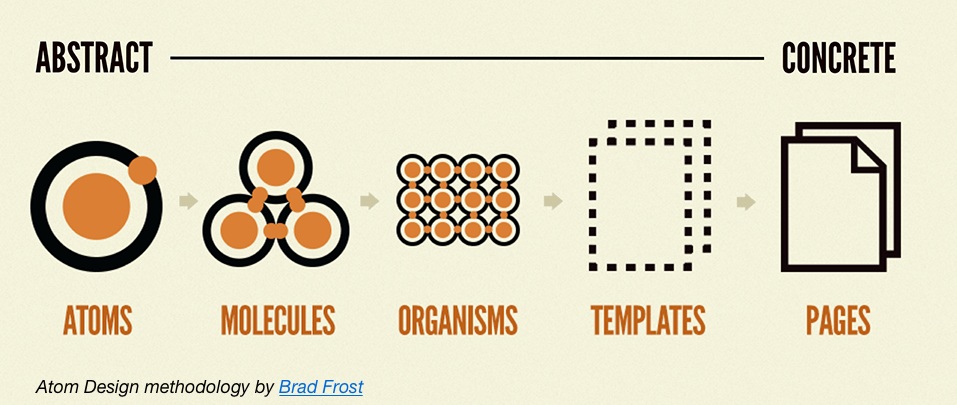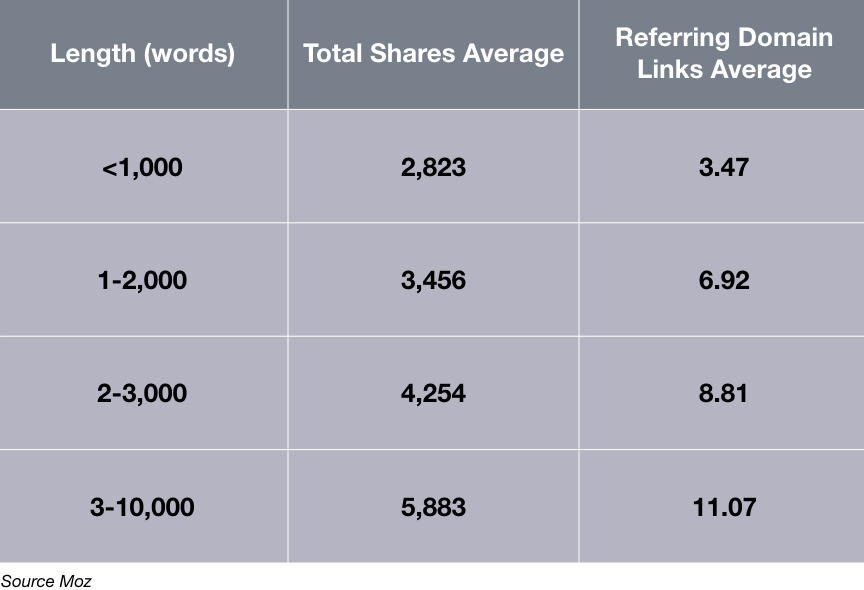Molecular content & the separation of concerns
The creation and management of content continues to increase in complexity as we need to design for nmachines in addition to n screens. Content Strategist Michael Andrews lays out why we need to move beyond, single sourcing and modular content.
Michael proposes an approach based on “molecular content” combined with the concept of the “separation of concerns”. A good read for anyone involved in content strategy. Read More
Beyond the Bitcoin bubble
As most of you know, the really interesting thing about Bitcoin is not the actual currency but the Blockchain architecture it is built on. And while we don’t cover financial technology, Blockchain is very much applicable to the information management technologies and applications we do focus on, for example in publishing or marketing. On a grander scale, a trustable distributed ledger of X that competes with or complements a trusted (or not) central authority of X has broad societal implications. One of these is the walled garden threat to the Open Web. And sure enough, there are serious efforts underway to build /rebuild a sustainable Open Web using Blockchain technology. Steven Johnson has written a non-technical article that provides an excellent explanation of what you need to know and why. Read More
Is your company’s data actually valuable in the AI era?
In the AI economy, the value of your accumulated data is limited to a one-time benefit from training your AI model. And the value of training data is, like oil or any other input, influenced by the overall supply — it’s less valuable when more people have it. In contrast, the value of your ongoing operational data is not limited to a one-time benefit, but rather provides a perpetual benefit for operating and further enhancing your prediction machine. Read More
Maybe Facebook should abandon the news feed altogether
Facebook has almost always wanted to be a platform, if not The Platform. Their recent shift away from news in their news feed back to mostly social interactions raises questions about their long-term future and what kind of platform they will be. John Battelle has an interesting suggestion. He admits it is a long shot, but his thoughts aren’t as crazy as he suggests his solution might sound…
What if Facebook *really* pivoted, and became a … truly neutral platform — an AWS for attention and identity, if you will. What if the company dedicated itself to a set of stable policies that encouraged other companies to tap into its social graph, its vast identity database, its remarkable engagement machinery? Read More
Also…
- There are logical limits… Something doesn’t ad up about America’s advertising market via the Economist
- Very funny… Burger King explains net neutrality via Fight for the Future
- Great reporting on buying followers… The Follower Factory via New York Times
- A bit of catching up to do, but why not?… Apple’s Getting Back Into the E-Books Fight Against Amazon via Bloomberg
The Gilbane Advisor curates content for content, computing, and digital experience professionals. More or less twice a month except for August and December. See all issues


